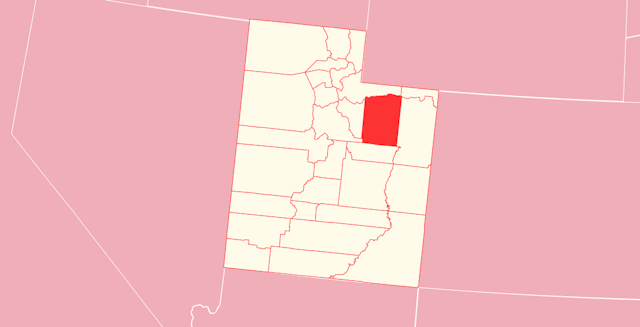Rehabs in Duchesne
Duchesne County is in the northeastern part of the US State of Utah. The largest city is Roosevelt. According to the 2010 US Census, the region had a population of 18,607.
The province is a perfect place for families to come together and enjoy boating, golfing, hiking, swimming, ATVing and archery. However, the drug and alcohol epidemic has a threatening impact on the health of Duchesne residents. So, limiting the usage of drugs and alcohol is a major health concern here.
If you or your loved one has any kind of addiction, you should apply for the support of the Duchesne County rehabs as soon as possible. Read the article, to get to know the recovery options available in Utah, and select one that best covers your needs.
Available Treatment Options
Duchesne County is no exception to the drug epidemic. Hence, the number of people who are dependent on alcohol and drugs increasing every day. Accordingly, every year, there are an average of 13,771 admissions into rehabs in Utah. In Duchesne County rehabs, people will find the expert support that they have been looking for.
Before choosing a center, pass a substance abuse evaluation procedure, and a course of detox. Only after these two initial steps, your body will be ready for further treatment. However, there are several factors to consider before choosing a rehab. First of all, you should evaluate the amenities that the center offers. For example, luxury clinics emphasize the quality of housing and aesthetics. They offer private rooms and comfortable environments for healing. Moreover, they include sports, art, music, and yoga in their program. As for the inpatient hubs, they are more expensive than outpatient ones, but their efficacy is worth that extra cost. For long-lasting sobriety, also attend aftercare courses.
Detox
In the overall addiction treatment process, detox is a vital starting point. It helps to safely remove toxic substances from the body. Depending on the substance of misuse the withdrawal symptoms can be dangerous and even life-threatening. So, to reduce these risks medical control and emotional support during this procedure are vital. In other words, detox prepares for further long-term therapy.
Inpatient Care
Inpatient plans are also known as residential healing programs, as the patients reside in the clinic until the end of the course. So, they receive around-the-clock medical control and support, which helps to overcome severe addictions and co-occurring disorders. Depending on the individual needs, the length of the stay may vary from 4 weeks to 6 months or more.
Treatment involves detox, counseling, behavioral therapy, meeting with peer support groups, etc.
Outpatient Care
This type of care does not include living at the hub. However, the patients are to receive all the therapies available in a residential program. The outpatient plan is suitable for those who are unable to take extended absences from work or family responsibilities.
The personal needs are to determine the precise number of days and hours that you spend at the hub. Behavioral therapy, medications, or a combination of these two are the main elements of this type of care.
Payment
The type of recovery center, the quality of care, and the length of the course form the cost of the whole therapy. There are many options available for covering recovery expenses. Firstly, there are private health insurance plans accessible. That is to say, certain procedures are covered under these plans. Just verify them by contacting your insurance agency or discussing it with the facility that you have already chosen.
Moreover, centers may also offer payment plans to assist those with limited budgets. You may also find low-cost or free state-funded rehabs. If you are on Medicaid or Medicare, you will be able to get coverage. For more details on financing options contact SAMHSA by using its national helpline at 1-800-662-4357.

